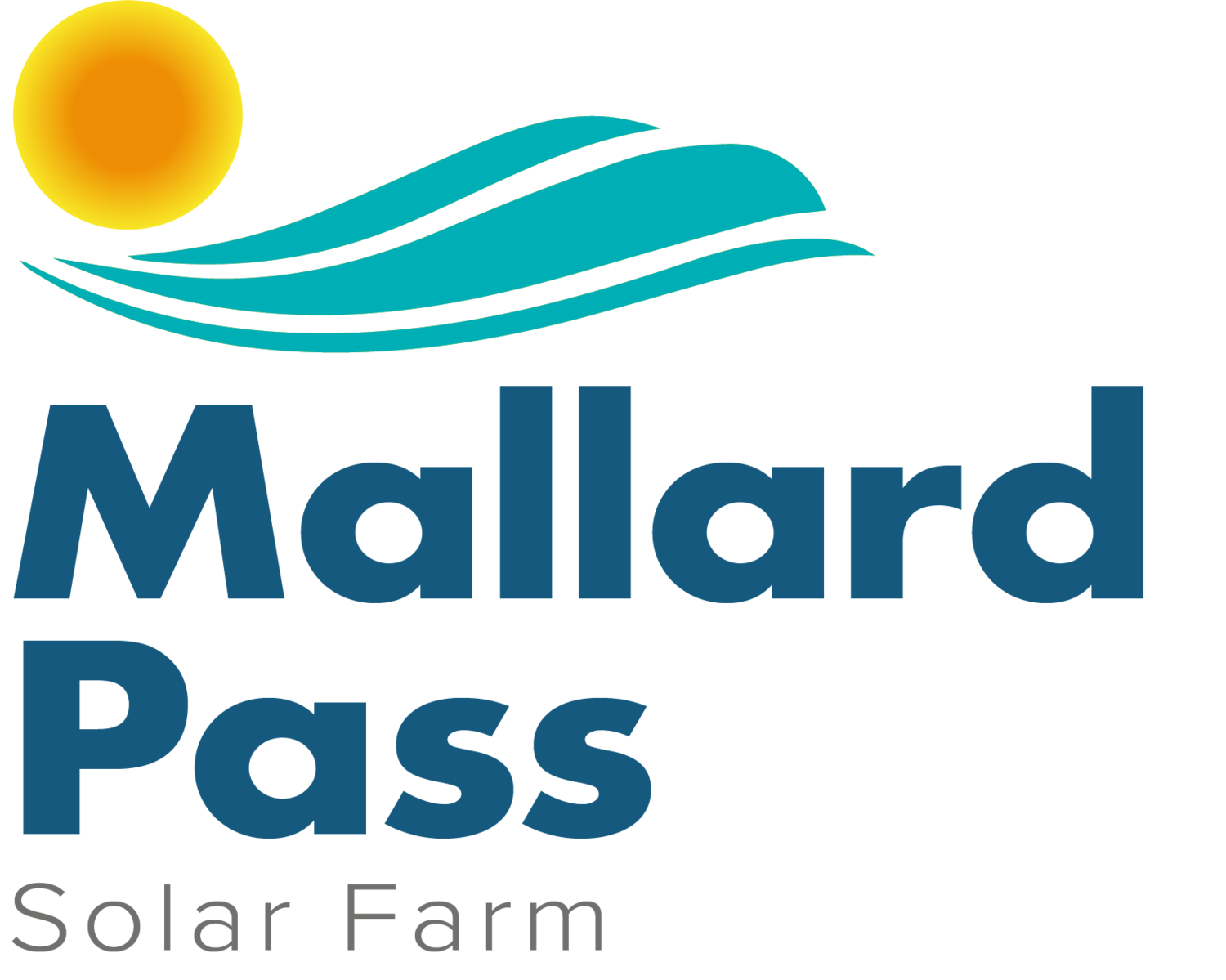
Our vision
Mallard Pass will support the urgent need to decarbonise our electricity system, deliver reliable and sustainable low-cost energy, enhance the local environment and be a responsible neighbour.
At a time when gas prices are at an all-time high due to our reliance on imported energy, it is our ambition to create low-cost energy that is kind to the local environment and delivers for the planet.
Decarbonising our energy supply
In 2021, the Intergovernmental Panel on Climate Change (IPCC) sounded a ‘code red’ on the speed and intensity that the climate crisis is having on the planet. To play our part in the UK, it’s clear that more action is needed to achieve net zero by 2050.
Considering the UK Government’s latest estimates that the country’s overall demand for electricity may double by 2050, it is all the more urgent to develop clean, renewable energy sources and keep our national electricity supply secure for generations to come.
Our proposals for Mallard Pass Solar Farm would supply approximately 350 megawatts of clean, renewable solar energy to our national grid, helping to support our national efforts to decarbonize our electricity supply.
Increasing the supply of low-cost energy
Solar energy is now the cheapest form of electricity in history. In the context of rising gas prices, it is our aim to deliver a project that uses the best and latest technology available to support affordable energy generation, while also increasing our supply of energy generated in the UK.
Mallard Pass Solar Farm would make a significant contribution to solar energy generation in the country, supplying around 350 megawatts of homegrown energy to consumers “while bringing down bills for everyone” (Solar Energy UK, Everything Under the Sun, 2022).
Addressing the biodiversity crisis
We are also experiencing a biodiversity crisis. It is our goal to deliver a project that maximises opportunities for nature recovery and minimises environmental impacts, wherever possible.
Solar farms can provide net gains in biodiversity through the provision and management of new habitats, such as hedgerow and wildflower planting. Our aim is to create spaces which deliver for energy generation, the natural environment, continued agricultural use and local recreational use.
Our plans for Mallard Pass Solar Farm would deliver a biodiversity net gain of 72% for ecological habitats and include the planting of 7.5 kilometers (km) of trees and 14km of hedgerows. They also include the creation of 112 hectares (ha) of new tussocky grassland with wildflowers, 43ha of wildflower grassland with calcareous species, 3.7ha of wet woodland planting, and 419ha of grazed grassland beneath the solar arrays.
Respecting and enhancing features in the landscape and promoting connectivity
Mallard Pass Solar Farm will be sensitively designed to work with existing features in the landscape.
We will seek to retain existing field boundaries, water features and wildlife and improve connectivity where possible. Our landscape strategy will deliver multiple benefits, including retaining Public Rights of Way (PRoWs), connecting habitats across the site, and providing new planting which could enhance wildlife or recreational routes.
In addition to delivering benefits to local biodiversity and wildlife, our plans for Mallard Pass also include recreational benefits to the local community through the creation of 8.1km of new permissive paths.





